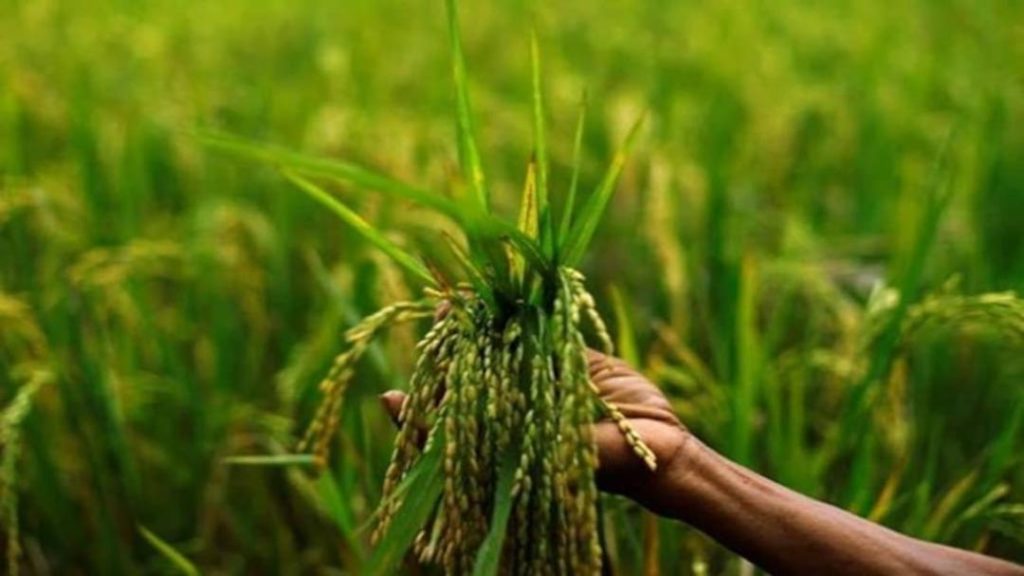
India Cutting Chenab’s Supply will Increase Water Shortage & Impact Crops, Accepts Pakistan
The ongoing tensions between India and Pakistan over the Indus Waters Treaty have taken a new turn. Pakistan’s Indus River System Authority (IRSA) has accepted that India’s decision to cut the flow of the Chenab River would lead to increased water shortages across the country. This move is expected to have a significant impact on kharif crops, which are already facing a shortage.
According to a recent report, IRSA claimed that India’s decision to reduce the flow of the Chenab River would lead to a 21% shortage of water for the remaining early kharif season. The water shortage in the late kharif season is estimated to be around 7%.
India’s decision to cut the flow of the Chenab River comes after Pakistan suspended the Indus Waters Treaty, which was signed in 1960 to govern the sharing of the Indus River and its tributaries between the two countries. The treaty allows India to use the waters of the Indus River system for non-irrigation purposes, such as hydroelectric power generation.
Pakistan’s move to suspend the treaty was in response to India’s decision to build dams and hydroelectric power plants on the Indus River and its tributaries without consulting Pakistan. Pakistan claims that these projects would reduce the flow of water into Pakistan, causing severe water shortages and affecting the country’s agriculture sector.
The Indus Waters Treaty has been a source of tension between India and Pakistan for many years. The treaty allows India to use the waters of the Indus River system for non-irrigation purposes, such as hydroelectric power generation. However, Pakistan has long been concerned that India’s plans to build dams and hydroelectric power plants on the Indus River and its tributaries would reduce the flow of water into Pakistan, causing severe water shortages and affecting the country’s agriculture sector.
In recent years, the tensions between India and Pakistan over the Indus Waters Treaty have increased. In 2020, India began constructing the Kishanganga Dam on the Kishanganga River, a tributary of the Indus River. Pakistan claimed that the dam would divert water from the Indus River, causing severe water shortages and affecting the country’s agriculture sector.
In response to India’s decision to build the Kishanganga Dam, Pakistan suspended the Indus Waters Treaty in 2020. Since then, the two countries have been engaged in a series of diplomatic talks aimed at resolving the issue. However, the talks have failed to produce a breakthrough, and the tensions between India and Pakistan over the Indus Waters Treaty remain high.
In conclusion, India’s decision to cut the flow of the Chenab River will increase water shortages across Pakistan and impact kharif crops. Pakistan’s Indus River System Authority has accepted that the move will lead to a 21% shortage of water for the remaining early kharif season and a 7% shortage in the late kharif season. The water shortage will have a significant impact on Pakistan’s agriculture sector, which is already facing challenges due to climate change and other factors.
The ongoing tensions between India and Pakistan over the Indus Waters Treaty highlight the need for a sustainable solution to the issue. Both countries need to work together to find a solution that takes into account the needs of both countries and does not impact the environment.






